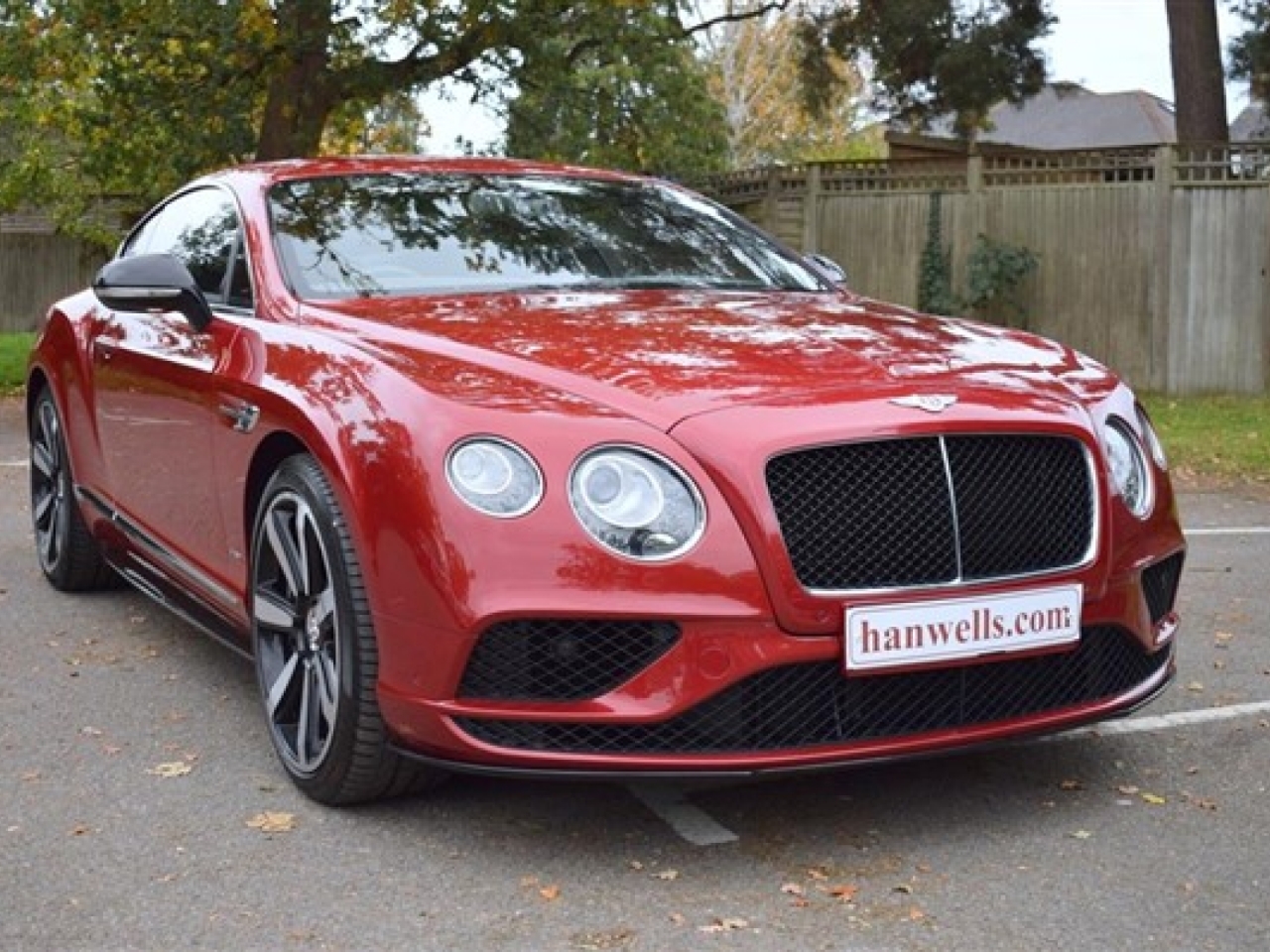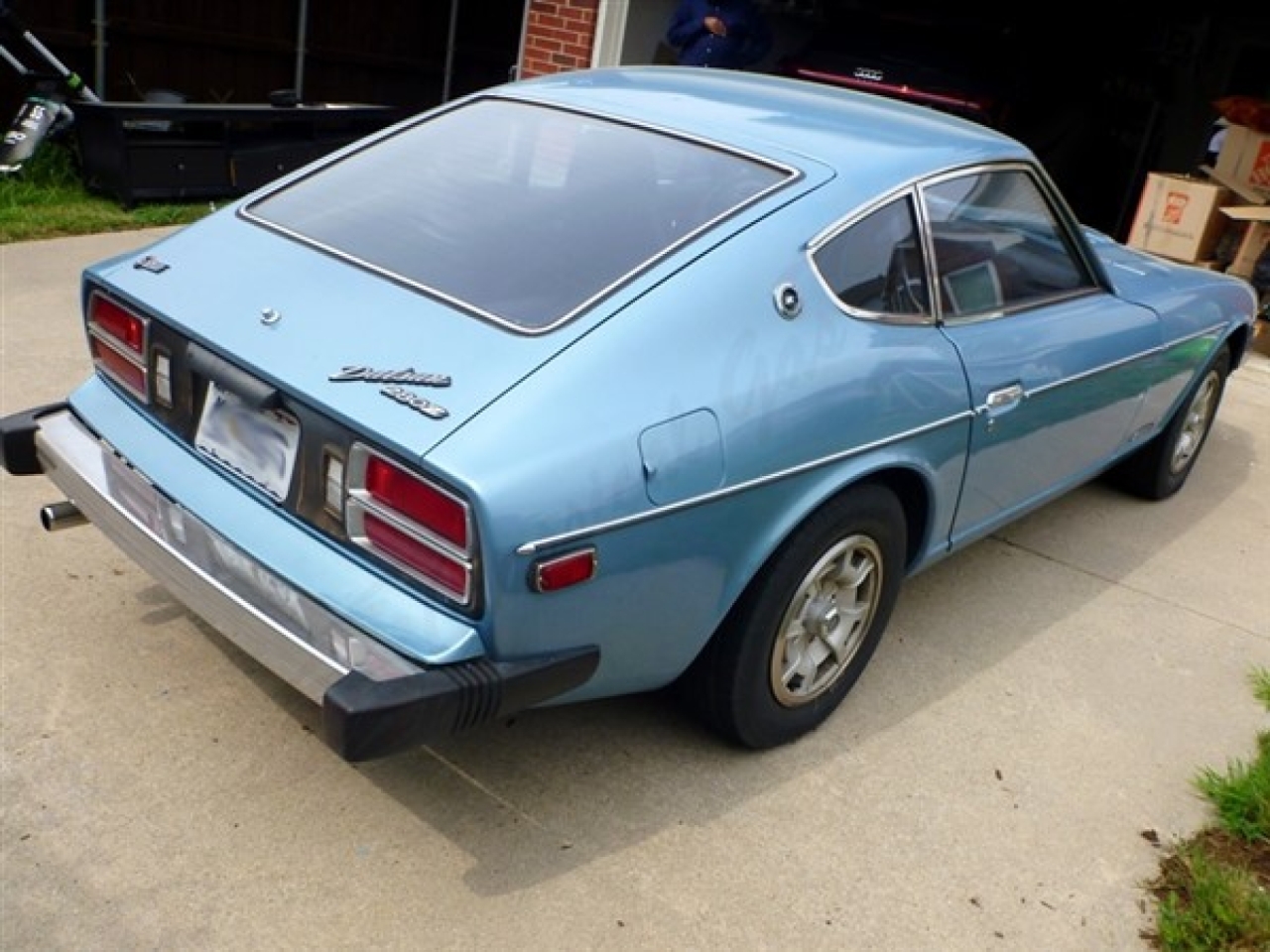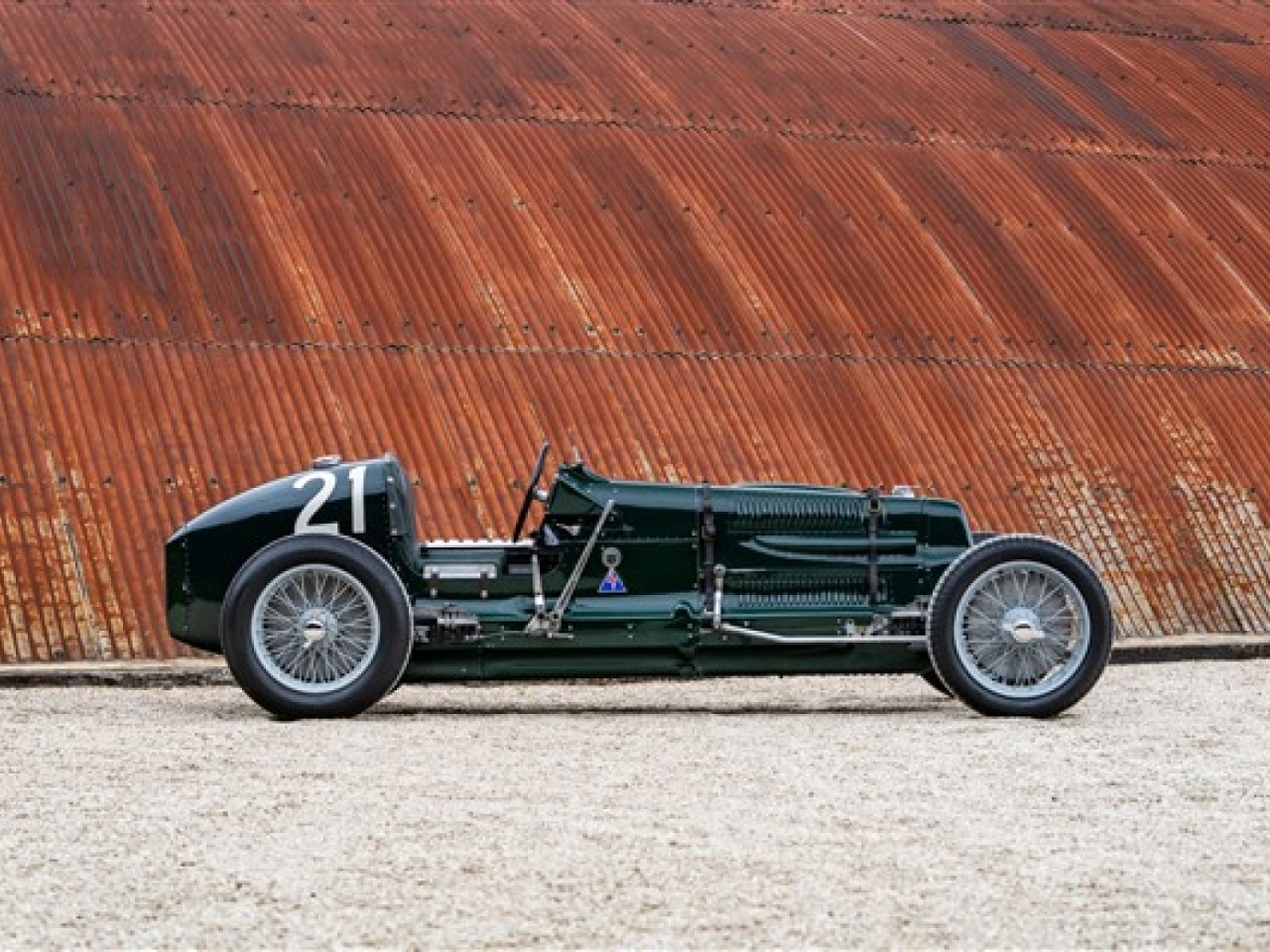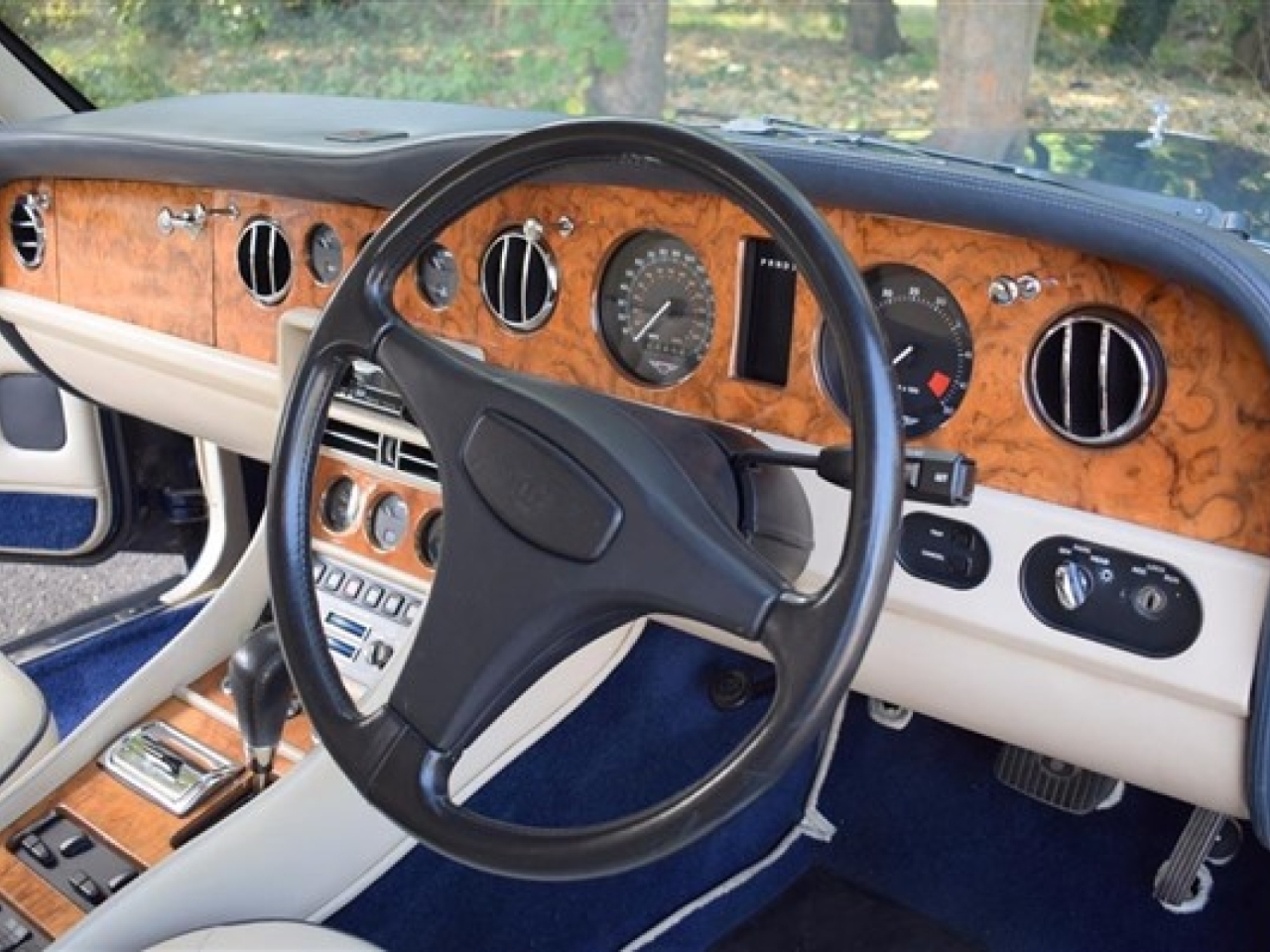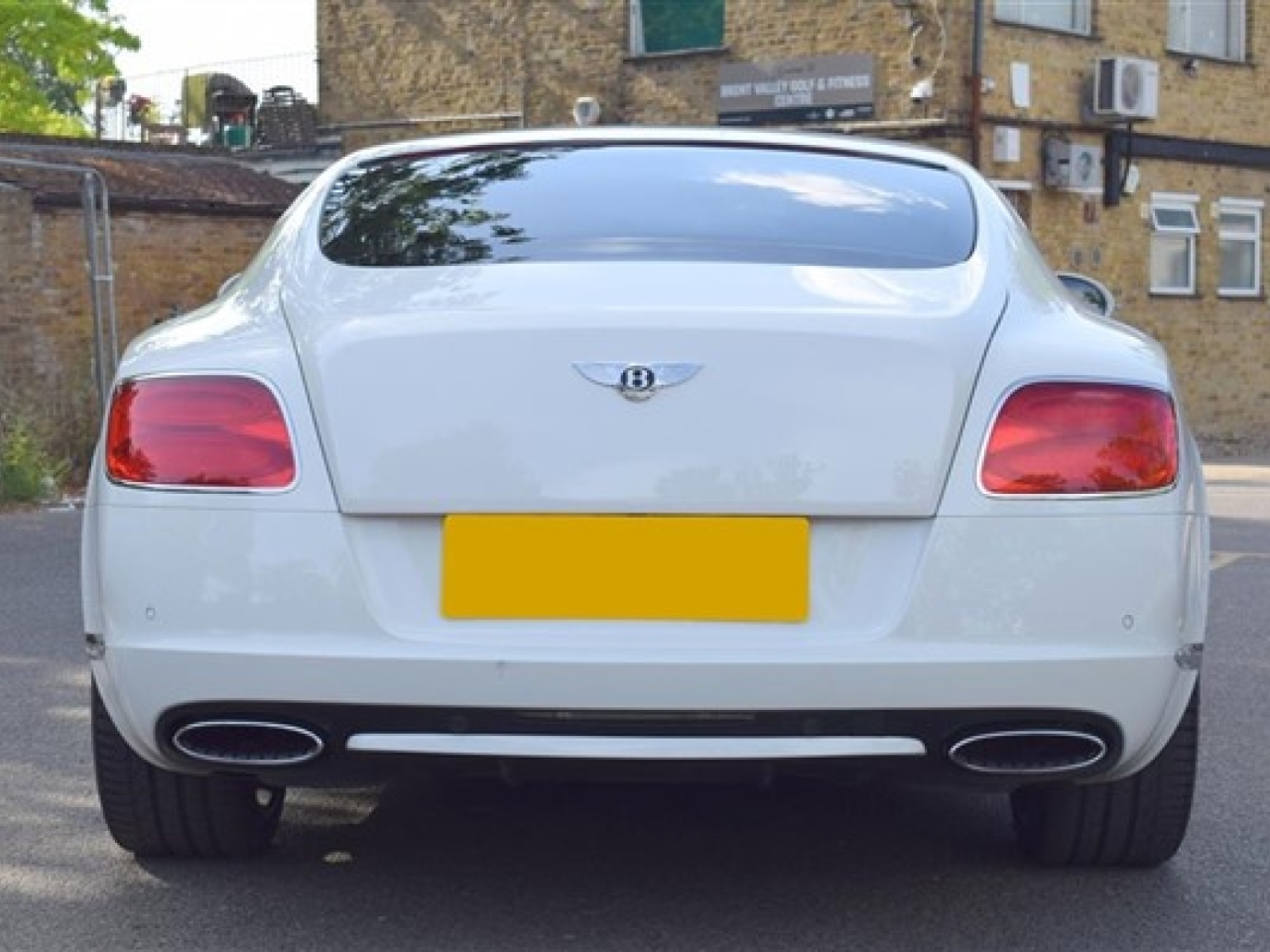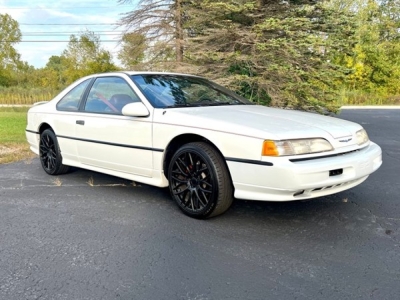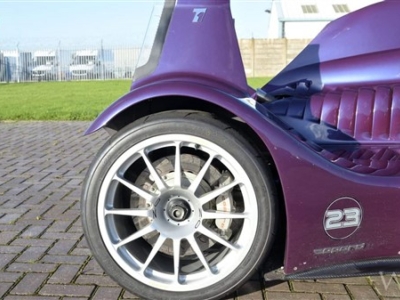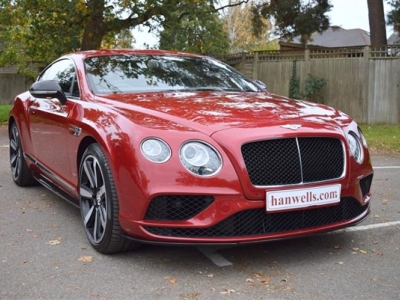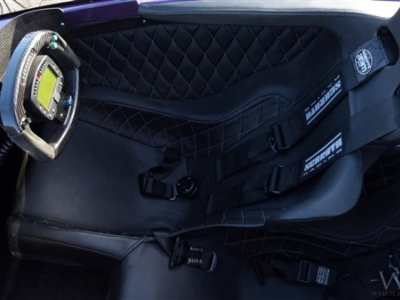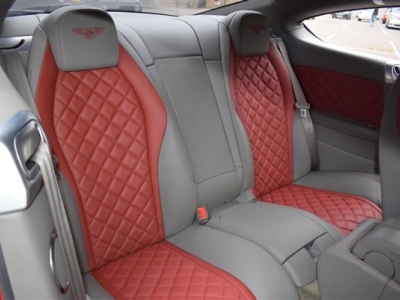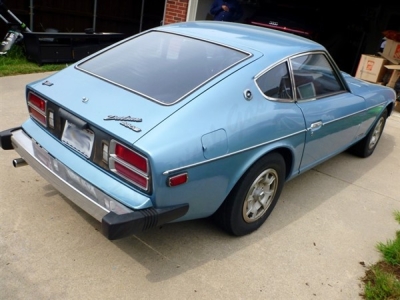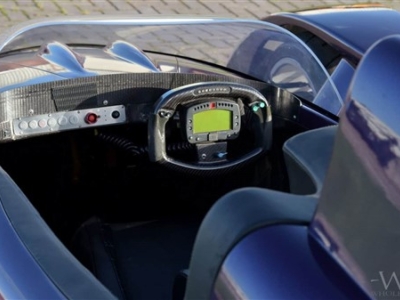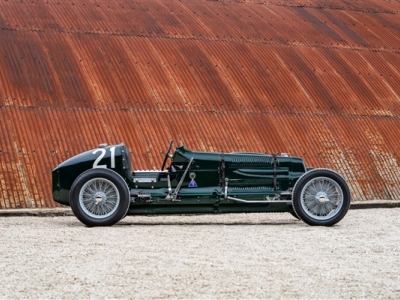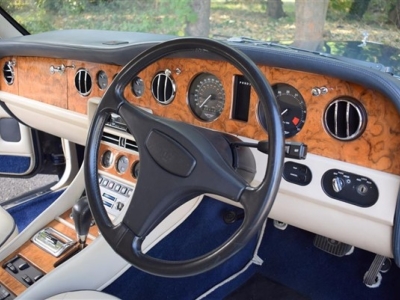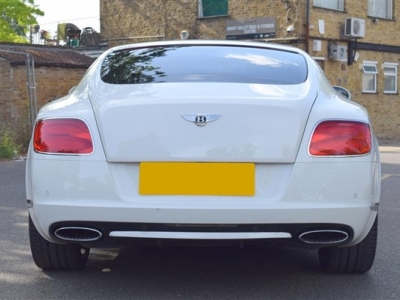Caparo T1
The Caparo T1 is a British mid-engine, rear-wheel drive, two-seat automobile built by Caparo Vehicle Technologies, founded by design director Ben Scott-Geddes and engineering director Graham Halstead, engineers formerly involved in the development of the McLaren F1 . The T1 was inspired by Formula One design and intended as a relatively affordable road-legal racing car. The T1 was scheduled for production in mid-2007 with approximately 25 cars per year built.
However, as of 2012, only 16 examples have been sold in the United Kingdom. The T1 has a dry weight of 470 kilograms (1,040 lb), an overall length of 4,066 millimetres (160.1 in), an overall width of 1,990 millimetres (78 in), an overall height of 1,076 millimetres (42.4 in), and a wheelbase of 2,900 millimetres (110 in). It has a fuel tank capacity of 70 litres (18 U.S. gal).
The exterior of the T1 closely resembles that of a racing prototype or Formula One racing car. It features a carbon fibre aerodynamic low drag body design, composed of individual sections, with an adjustable twin element front wing, single element rear wing, fowler flaps, and a ground-effect diffuser, allowing it to create 875 kilograms (1,929 lb) of downforce at 240 kilometres per hour (150 mph). The wings are replaceable with road and track variations.
The interior of the T1 is a two-seat configuration, lacking any amenities and luxuries to reduce excess weight. The passenger’s seat is set back from the driver’s seat slightly, allowing the seats to be placed closer together, thereby reducing the overall width of the T1. Offered are a head protection system, six-point harnesses for the driver and passenger, compatible with a HANS device, and it is designed with a central safety cell made of a high-strength steel roll hoop with a fire system. The dashboard is multi-function with race data logging and speed sensors for traction control and launch control.
The chassis of the T1 is composed of a carbon fibre and aluminium honeycomb monocoque with a front composite crash structure and a rear tubular space frame construction. The suspension is of a double-wishbone design with tunable anti-roll bars, front and rear, and five-way adjustable race dampers. The braking system is composed of 355-millimetre (14.0 in) steel brake discs, with six-piston and four-piston callipers front and rear, respectively. The brake bias pedal box is fully adjustable and brake pads are available in various compounds. The wheels are all aluminium 10-by-18-inch (250 by 460 mm) and 11-by-19-inch (280 by 480 mm) front and rear, respectively, with Pirelli P Zero Corsa tyres. Magnesium 10-by-18-inch (250 by 460 mm) and 11-by-18-inch (280 by 460 mm) wheels front and rear, respectively, with Pirelli slick and wet track tyres are available as optional equipment.
The T1 sports a 116-kilogram (256 lb), 32-valve, 3,496-cubic-centimetre (3.5 L), all-aluminium, naturally aspirated, Menard V8 engine with cylinder banks mounted at 90° and lubricated via a dry sump oil system. The engine has gone through several designs, previously including a smaller 2.4-litre supercharged unit. The production design generates a maximum power of 575 horsepower (429 kW; 583 PS) at 10,500 revolutions per minute and a maximum torque of 310 pound-feet (420 N·m ) at 9,000 revolutions per minute, giving the car a power-to-weight ratio of 1,223 horsepower per tonne (912.8 kW/t). In addition, the engine has been reported to successfully reach 700 horsepower (520 kW; 710 PS) on methanol fuel. The engine is controlled via a fully tunable Pectel SQ6 engine control unit and the throttle is controlled via a throttle-by-wire system. The T1’s gearbox is a 6-speed Hewland sequential made of a magnesium and carbon construction that has a variety of available gear ratios and utilises a pneumatic actuator to shift, able to upshift in 60 milliseconds and downshift in 30 milliseconds. Furthermore, the drivetrain incorporates a limited-slip differential and equal length hollow tripod driveshafts.
The T1 has an estimated maximum speed of 205 miles per hour (330 km/h) on a low downforce setup. From a standing start, it has an estimated 0–100 kilometres per hour (0–62 mph) time under 2.5 seconds and onto 160 kilometres per hour (99 mph) in 4.9 seconds, depending on tyre setup. It is also capable of an estimated lateral acceleration of up to 3g and braking deceleration of 3g , depending on tyre setup.
We are delighted to offer this superb Caparo T1.
Complete with Aero cockpit Screen this 575BHP two-seater represents the ultimate in a track day car.
One owner Fastidiously maintained with minimum track day use on a private track
To be supplied fully serviced.
Export enquiries welcome; please contact us for a worldwide shipping quote.
Please call Roger or Kevin on 01508 530491 to discuss further or arrange a viewing.
Stratton Motor Company serving you since 1972.
- FuelPetrol
- TransmissionManual
- Exterior ColourPurple
- Interior ColourBlack Leather
- Year of manufacture2007































































































